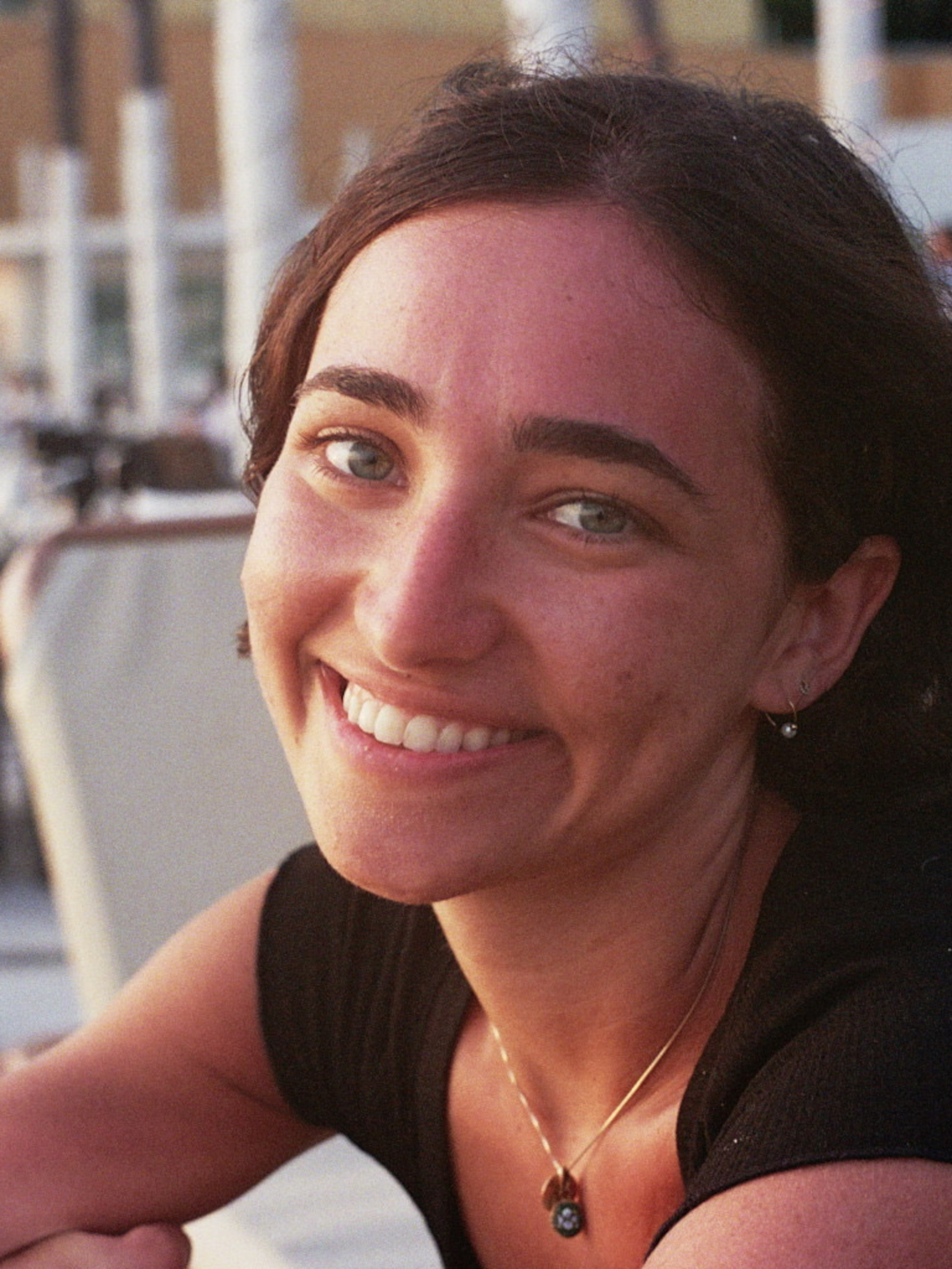Treatment - CBT
Reward Responsiveness as a Mediator of Treatment Outcomes in CBT And ACT
(PS3-83) Reward Responsiveness as a Mediator of Treatment Outcomes in CBT and ACT
- AD
Anh Dao, B.A.
Graduate Student
University of Southern California
Los Angeles, Tennessee, United States 
Rachel Bernstein, B.A.
Graduate Student
University of Southern California
Culver City, California, United States
Francisco N. Ramos, B.A.
Lab Manager
University of Southern California
Los Angeles, Tennessee, United States
Iony D. Ezawa, Ph.D. (she/her/hers)
Assistant Professor
University of Southern California
Los Angeles, California, United States
Author(s)
Co-Author(s)
Cognitive behavioral therapy (CBT) and acceptance and commitment therapy (ACT) are among the most effective treatments for depression (Cuijpers et al., 2014; Newby et al., 2015), but demonstrate relatively low response rates (Bai et al., 2020; Hollon et al., 2006; Ormel et al., 2022). Anhedonia, characterized by a loss of motivation to engage in pleasurable activities, has been associated with decreased response to treatment and poorer long-term prognosis in depression (Sandman & Craske, 2022; Spijker et al., 2001). Despite its clinical implications, the heterogeneity of anhedonia is often not captured by traditional assessment methods (Rizvi et al., 2016). This issue may be addressed by developing a more fine-grained understanding of the mechanisms underlying anhedonia, and individual differences in reward processing have been identified as possible key candidates (Forbes, 2020). Behavioral activation (BA), a core facet of CBT that focuses on increasing engagement in rewarding experiences (Webb et al., 2023), and committed action (CA), which promotes acting based on one’s values in ACT (Zhang et al., 2018) potentially increase reward responsiveness (Fields et al., 2022; Nagy et al., 2020). Examining individual differences in various temporal stages of reward responsiveness, such as reward anticipation and reward consumption, may yield a more comprehensive understanding of intervention targets (Forbes, 2020; Rømer Thomsen et al., 2015). Moreover, reward processing has traditionally been examined in controlled experimental settings, and there is a critical need to understand how individual changes in the dynamics of reward responsiveness play out in everyday life in relation to symptom change throughout treatment.
The current study is among the first to assess group and individual trajectories of change in stages of reward responsiveness (anticipation and consumption) as mediators of the association between BA and CA skills use, depressive symptoms, and quality of life in CBT and ACT. We are currently conducting a study in which participants with major depressive disorder from the greater Los Angeles metropolitan area are randomized to an 8-week online manualized group CBT or ACT and asked to complete treatment diaries assessing reward processing and treatment outcomes 4 times a week for 8 weeks. Mediation analyses will be conducted using multiple-level structural equation modeling implemented with Mplus. We hypothesize that (1) consummatory reward responsiveness throughout treatment will mediate the relationship between BA and CA skills use and treatment outcomes in CBT and ACT, respectively and (2) anticipatory reward responsiveness throughout treatment will also mediate the relationship between BA and CA skills use and treatment outcomes in CBT and ACT, respectively. The current study is a rigorous examination of reward processing as an active ingredient of CBT and ACT. Data collection will be completed this summer; analyses and a discussion of the study’s findings will be ready to be presented by the conference dates.

.png)
